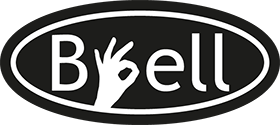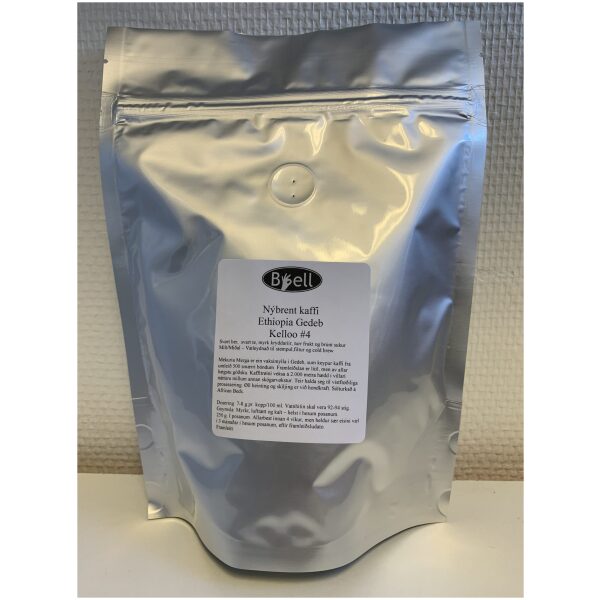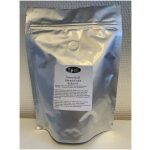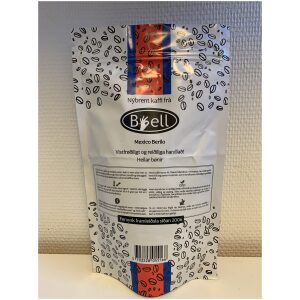Danche is a washing station located in Chelbesa, Gedeo. They buy cherries from 400 farmers* who produce good yields thanks to fertile soil and good farming methods. This washing station has organic certification.
Overview:
- Vegetation: Semi-forest
- Cultivars: Welisho and Kurume
- Average lot size of farmers: 1-2 hectares
- Soil type: Rich and fertile red soil
- Number of trees per hectare: 1800-2400
- How much cherries per tree on average: 3 kgs
- Average selling price of farmers per kilo of cherries in 2019/2020 harvest: $0.80/25 birr
Our partners
SNAP COFFEE was established in Addis Ababa in 2008, by coffee-passionate entrepreneur, Negusse D. Weldyes. The company runs three coffee washing and processing stations in Chelelektu, Kochere District of the Gedeo Zone and partnering washing stations in Uraga (Guji) and Nensebo (West Arsi). On average, about 550 farmers supply each washing station.
The company’s supply policy rests on three main pillars:
- Process specialty coffee consistently;
- Transfer the required know-how to the outgrowing farmers along with a great desire and training in processing and cleaning methods;
- Protect the environment through waste recycling systems.
SNAP COFFEE is a business group engaged in other activities as well. They have an electronics assembly business and a software development company. They began their speciality coffee export business after the ECX reformed regulations to make it easier for companies to export coffee in 2017. The company currently exports about 78 containers per year. They employ around 253 employees, of which 13 are in their speciality coffee exporting business.
SNAP COFFEE’s relationship with Tropiq began quite recently. “We are quite at ease because of Tropiq’s efficiency in communication, and even more on logistics facilitation,” Abenezer, SNAP COFFEE Supply Chain Manager said.
He also reports that Tropiq’s regular and timely feedback on coffee lots have given SNAP COFFEE a lot of insight which helps them supply consistently great coffee.
Post-Harvest Processing – Washed
Harvest and cherry selection
Cherries are collected manually and hand sorted later.
Pulping and pre-grading
The cherries are pulped by a traditional Agaarde Discpulper. Skin and fruit pulp are removed before the machine grades the parchment in water as 1st or 2nd quality, determined by density.
Fermentation
Wet fermentation for 72 hours
Washing and grading in channels
Coffees are washed in channels and graded in water by density. The lower density (lower quality) will float and are removed, leaving only the denser and therefore higher quality beans which are separated as higher grade lots.
Soaked under clean water
After fermentation, soaking takes place for 2 hours
Drying and hand-sorting
Coffee is then piled up in layers which are 2cm in height and dried over a 10 day period then followed by hand sorting for 2-4 hours
Warehouse and Supply Chain Management
Warehousing at the washing station
After drying the coffees will be packed in jute bags and stored in the local warehouse onsite, separated by process and grade. Lot sizes can vary from 100 – 300 bags. This process helps condition the coffee and achieve a more uniform humidity. They will normally be stored 1-2 months before they are moved. In some cases the parchment will be hand-sorted in the warehouse.
Transport and logistics
After the harvest season is over the coffees are moved to warehouses and dry mills in Addis. Trucking is expensive in Ethiopia. The coffee trucks must pass a local ECX checkpoint where its contents are graded and registered as an exportable product, before it continues to Addis Ababa.
Warehousing and dry milling
The coffee will sit in parchment in a warehouse in Addis. This is when our team will go to the warehouse and collect the samples from the specific stocklots. It remains in parchment until it is contracted and the destination for shipment is confirmed.
Tropiq Lab and quality control.
Our team on the ground in Addis personally collect samples which we cup and grade, and measure humidity and water activity. When the specific lot is selected for purchase we register the contract with a shipping destination and approve it for milling and shipment. We are present at the dry mill during processing, grading and bagging, and we immediately take a PSS sample for approval.
Container stuffing and transport
We generally try to get our containers stuffed in Addis at the dry mills and moved to the port and straight on a vessel in Djibouti. This way we reduce the risk of delays or mistakes at port that frequently happen when moving coffee by truck for stuffing in Djibouti.
The Impact
SNAP COFFEE supports the community of smallholder living near the washing station through partnerships with washing station owners. The washing stations build schools and SNAP COFFEE provides computers and other facilities. SNAP COFFEE is also constructing roads to less accessible farming areas. The aim is to complete construction of the road in March/April 2020. SNAP COFFEE are also planning to build health clinics in the future to improve access to healthcare for farmers in the washing station areas.
Tropiq Ethiopia
There is a lot of coffee in Ethiopia, and many good lots. But things are not always as straightforward as they seem. What you cup is not always what you get. With most washing stations, this really depends on the relationship to the suppliers, at what stage you draw the sample and the local warehousing and dry milling facilities used.
Tropiq is a Nordic Approach company providing supply chain management services for transparent and traceable coffees direct from origin. Our team in Addis Ababa visit producers, washing stations and warehouses throughout the season. In the peak of the season we are daily in dialogue with the millers and exporters. Having people on the ground gives us early and direct access to samples, first-hand information on coffees, immediate entry to warehouses and timely quality control.
Nordic Approach – How we purchase and select coffees:
We plan our selection at the beginning of the harvest and will usually pre-book most of our coffees.
Working alongside our sister company, Tropiq Ethiopia, the Nordic Approach team is in Addis several times a year. We plan the season with our suppliers and develop relationships and a mutual understanding on our priorities and strict buying criteria.
When it comes to the season for making decisions, we are there to cup with our team, and we receive samples in Oslo on a weekly basis. After cupping through hundreds of samples this coffee is from our selection of Grade 1 rated coffees.
The coffees we buy are cupped and assessed in a way that gives us good insight into the cup profile and quality, as well as the consistency of that particular lot.











